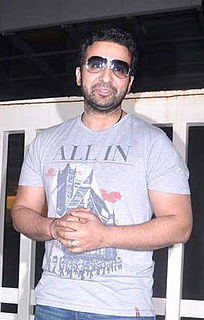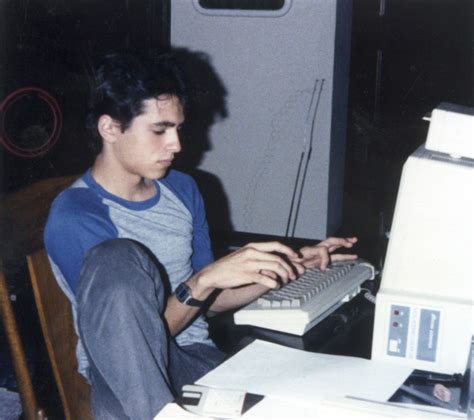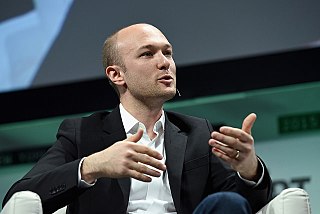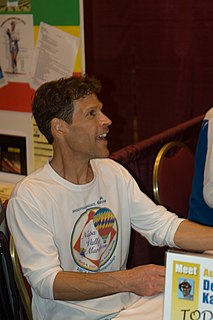A Quote by Muhammad Yunus
When you get a mobile phone it is almost like having a card to get you out of poverty in a couple of years.
Related Quotes
Pandemic-proof means the mobile phone has to be used and it has to be used in such a positive way that your next invention has to say, 'You know what, I am going to get another 30-40-50 million users that are out there onto my product through my mobile phone and that's going to help me sell what I do.'
Imagine if for years your habit is to use the phone when you're having a massage on the bed, even one minute before going out to train? For 25 days I accepted this, because my first priority was to work on the field. However, I've said that from now if someone comes inside with a mobile phone, even in their bag, I'll throw it in the North Sea. They're banned.
For his thirtieth birthday he had filled a whole night-club off Regent Street; people had been queuing on the pavement to get in. The SIM card of his mobile phone in his pocket was overflowing with telephone numbers of all the hundreds of people he had met in the last ten years, and yet the only person he had ever wanted to talk to in all that time was standing now in the very next room.
We were orbiting around the idea of intent and context. We would take the bus into work, and if you said, 'Here's a shirt you might like,' and I open it on my mobile phone, I'm not going to pull out my credit card and wallet. We thought, 'How does someone do this? An e-mail to yourself, or you try to remember?'
Just by coincidence, Senator Teddy Kennedy and I, in the last couple of days, after several months of negotiations, have reached an agreement for an immigration proposal that we will be putting out next week, ... our proposal is along the lines of make them pay a fine of a couple thousand dollars, make them work for three years, and after three years they can get in the back of the line for a green card and then eventually become citizens.
If you believe that the mobile phone is the next supercomputer, which I do, you can imagine a datacenter that is modeled after, literally, hundreds or thousands or millions of mobile phones. They won't have screens on them, but there'll be millions of lightweight mobile-phone processors in the datacenter.
Square is turning informal, cash transactions, like you would do with a taco truck, into card swipes. Stripe is more for the Internet, it's focused on the kinds of transactions that weren't possible years ago. We think about how you would buy things from a mobile phone, crowd-funding, how should that work.


































